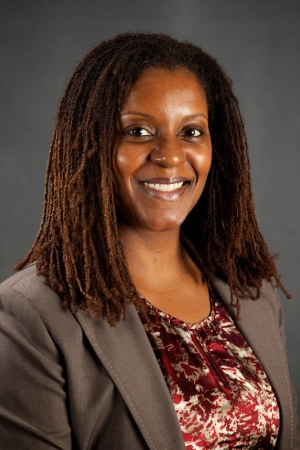WSJ Op-Ed: The Economic Argument for More Aid to the Elderly Poor
January 23, 2015 / by Karen Lincoln- Research
- Opinion
Karen Lincoln is an associate professor at the USC School of Social Work and director of the USC Hartford Center of Excellence in Geriatric Social Work.
A rising tide lifts all boats. This idiom, typically referring to the economy, suggests that a good outcome will benefit all. There has been much debate about whether economic growth benefits the rich, middle class and poor, equally. But, what if the debate was framed differently? Can policies that benefit the poor also benefit those who are better off?
There are over 6 million seniors who live in poverty in the U.S. and those numbers will rise as boomers age, and the impact of the economic recession and rising health-care costs is realized. Saving for retirement was not an option for many seniors who earned low wages during their working years. Now many face economic insecurity and rely on Social Security as their sole source of income. Medicare pays for roughly 60% of seniors’ health-care costs. So, out-of-pocket costs are cumulative.
Poor seniors are expensive. Costs are high for adult children who dip into their savings to help pay for care and medical costs. It is costly for adult daughters who are usually the caregivers at the expense of their own health, and who often have to work part-time or quit their jobs to be a full-time caregiver. It is costly for Medicaid because poor seniors are more likely to reside in skilled nursing facilities than to receive preventive care or home- and community-based services, which are much less expensive. Senior poverty is costly for Medicare because poor seniors have a host of chronic health conditions that are expensive to treat and have more hospital readmissions which contributed $41.3 billion in total hospital costs in 2011.
Read more in The Wall Street Journal.
To reference the work of our faculty online, we ask that you directly quote their work where possible and attribute it to "FACULTY NAME, a professor in the USC Suzanne Dworak-Peck School of Social Work” (LINK: https://dworakpeck.usc.edu)
